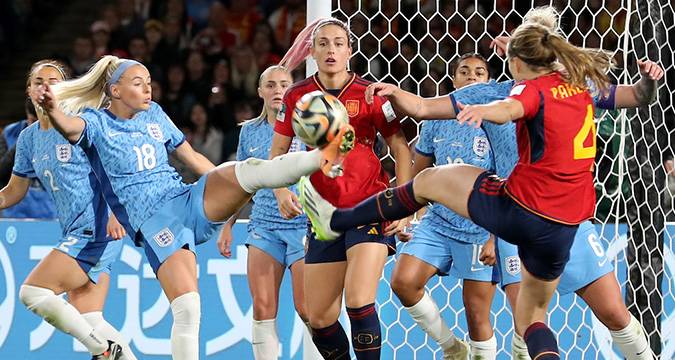 NO ONE can deny that the FIFA Women's World Cup, held in Australia and New Zealand, which came to a climax on Sunday when Spain defeated England 1-0 in the final, was an outstanding success on a far greater scale than anyone had expected beforehand.
Our sympathies go to the Lionesses, who played valiantly throughout the tournament, but couldn't
NO ONE can deny that the FIFA Women's World Cup, held in Australia and New Zealand, which came to a climax on Sunday when Spain defeated England 1-0 in the final, was an outstanding success on a far greater scale than anyone had expected beforehand.
Our sympathies go to the Lionesses, who played valiantly throughout the tournament, but couldn't Talking Rugby League: The lessons our sport can take from FIFA Women’s World Cup
 NO ONE can deny that the FIFA Women's World Cup, held in Australia and New Zealand, which came to a climax on Sunday when Spain defeated England 1-0 in the final, was an outstanding success on a far greater scale than anyone had expected beforehand.
Our sympathies go to the Lionesses, who played valiantly throughout the tournament, but couldn't
NO ONE can deny that the FIFA Women's World Cup, held in Australia and New Zealand, which came to a climax on Sunday when Spain defeated England 1-0 in the final, was an outstanding success on a far greater scale than anyone had expected beforehand.
Our sympathies go to the Lionesses, who played valiantly throughout the tournament, but couldn't 
